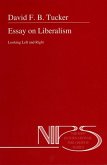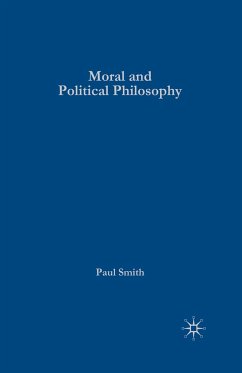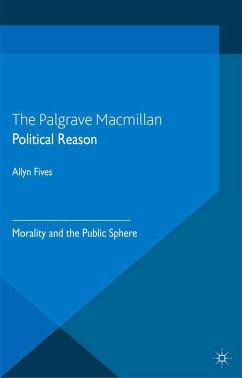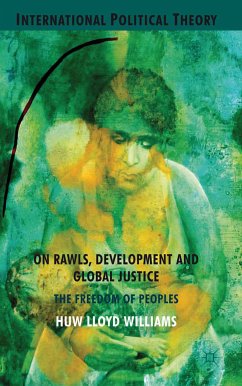Dieser Download kann aus rechtlichen Gründen nur mit Rechnungsadresse in A, B, BG, CY, CZ, D, DK, EW, E, FIN, F, GR, HR, H, IRL, I, LT, L, LR, M, NL, PL, P, R, S, SLO, SK ausgeliefert werden.
' ...a book that breaks with libertarian orthodoxy by attempting to come down squarely on the consequentialist side of the fence, and a book that, as a result, is the most convincing case for libertarianism in print.' - Jeffrey Friedman, Critical Review
'Conway's exceptionally well-organised defence of classical liberalism is well worth the attention of all students of political theory.' - David Gordon, The Mises Review
'This is an outstanding work of scholarship in the long-neglected philosophy of classical liberalism. It demonstrates for the student and the general reader the strengths of classical liberalism over other schools of thought in explaining the historic transformation of societies in recent years in all continents.' - Arthur Seldon, Founder President of the Institute of Economic Affairs
'As a summary of the arguments for classical liberalism, and of the chief criticisms to which it has been exposed, Conway's book seems to me invaluable.' - John Gray, Jesus College, Oxford









